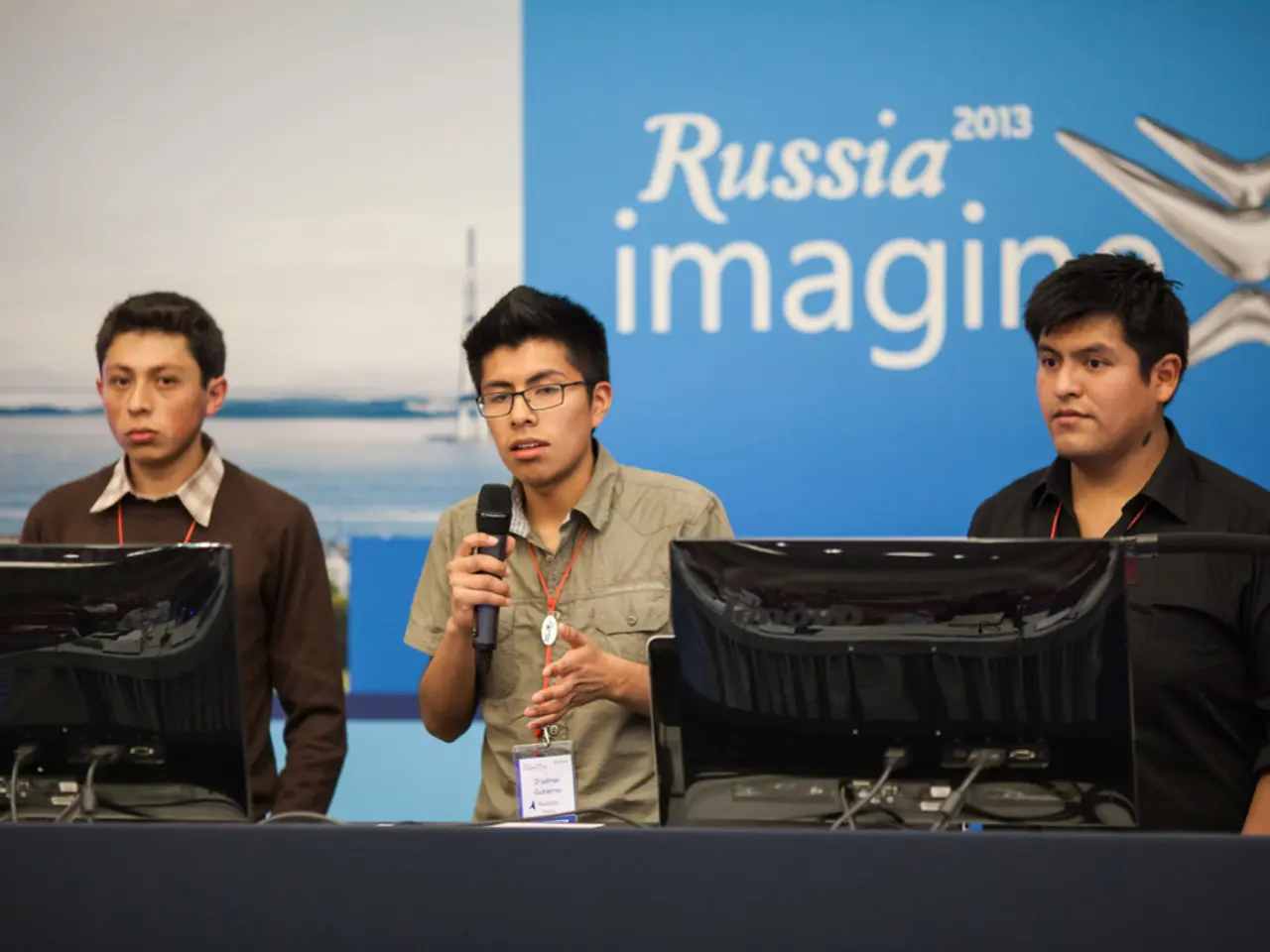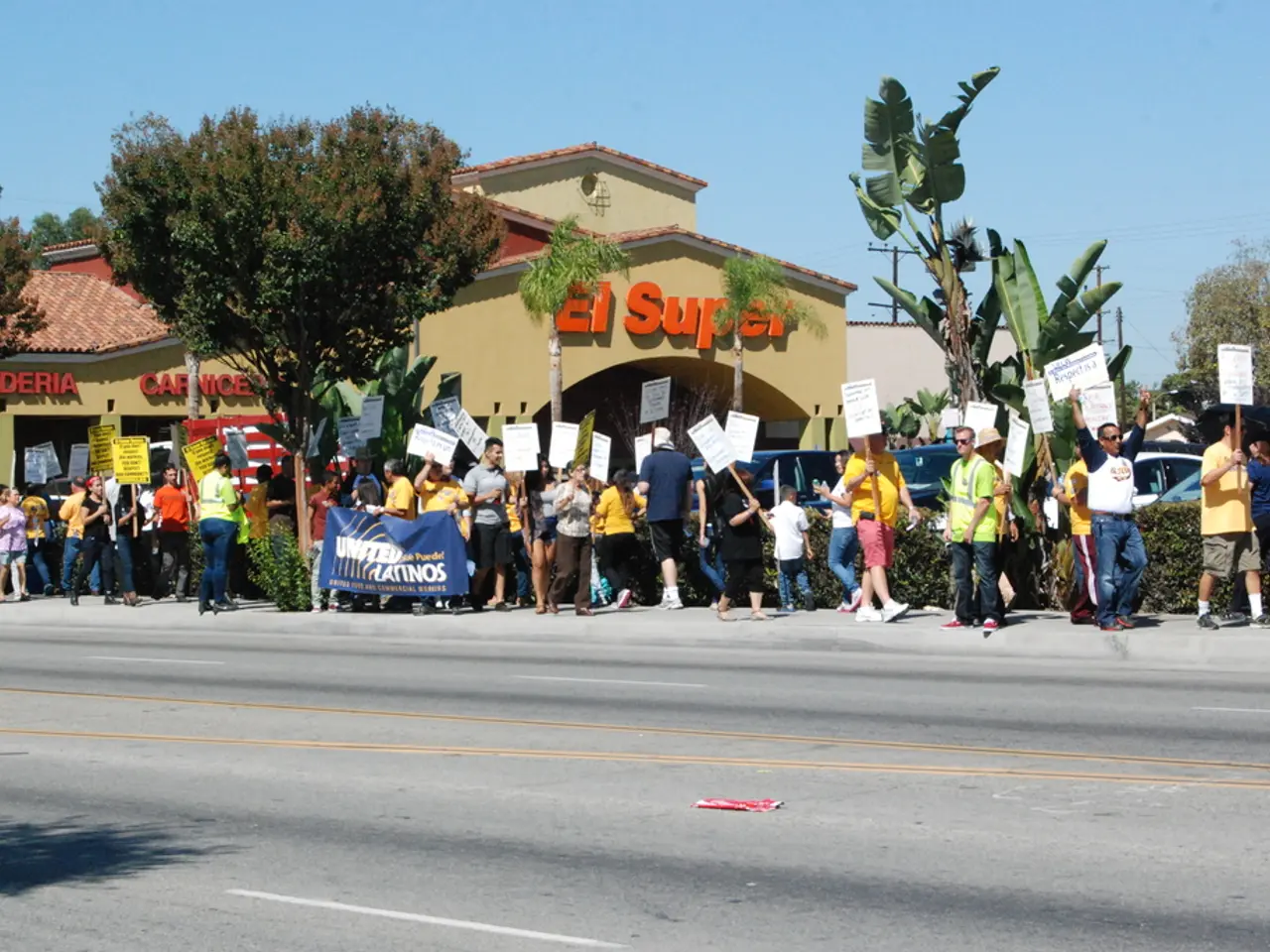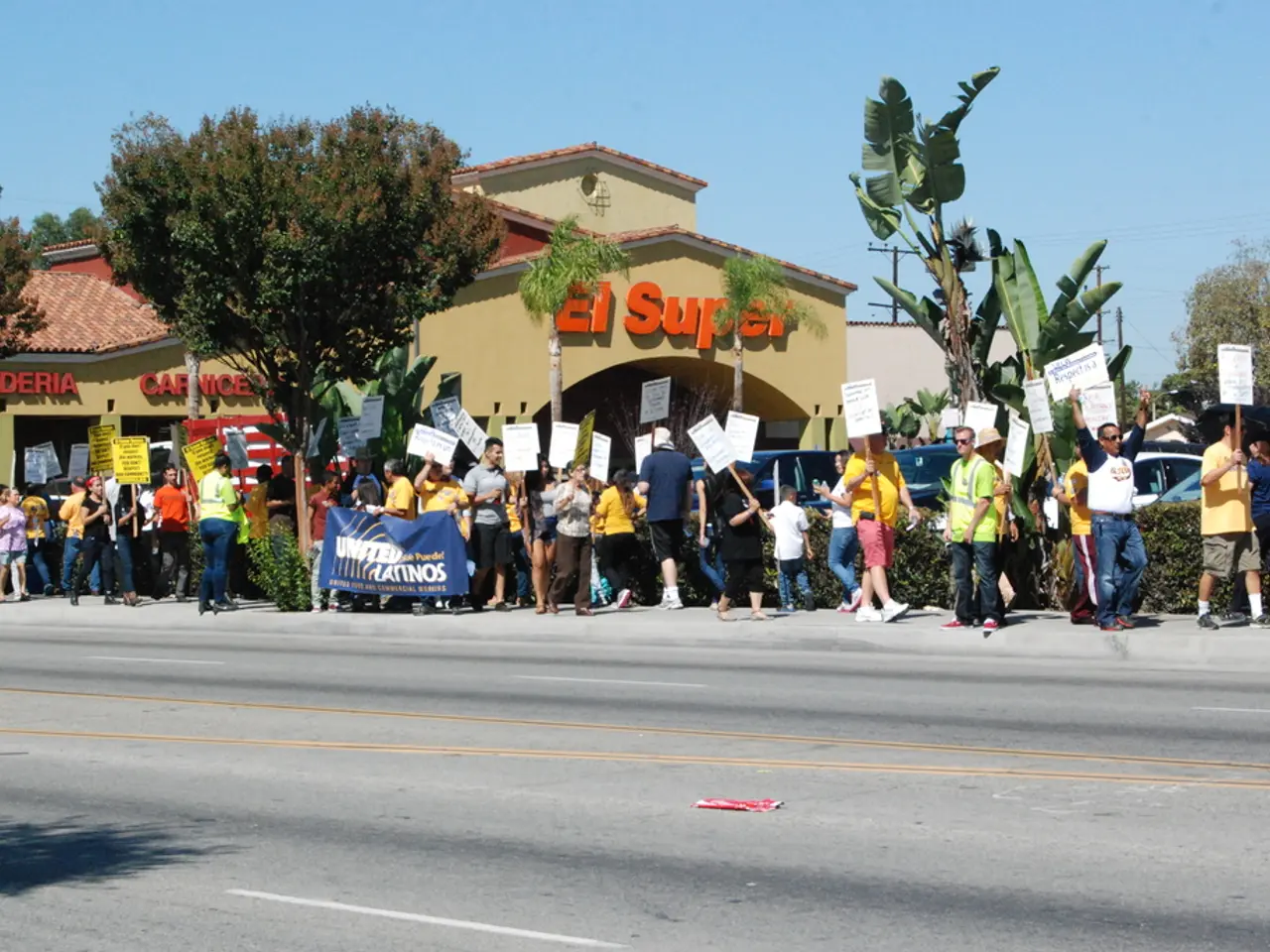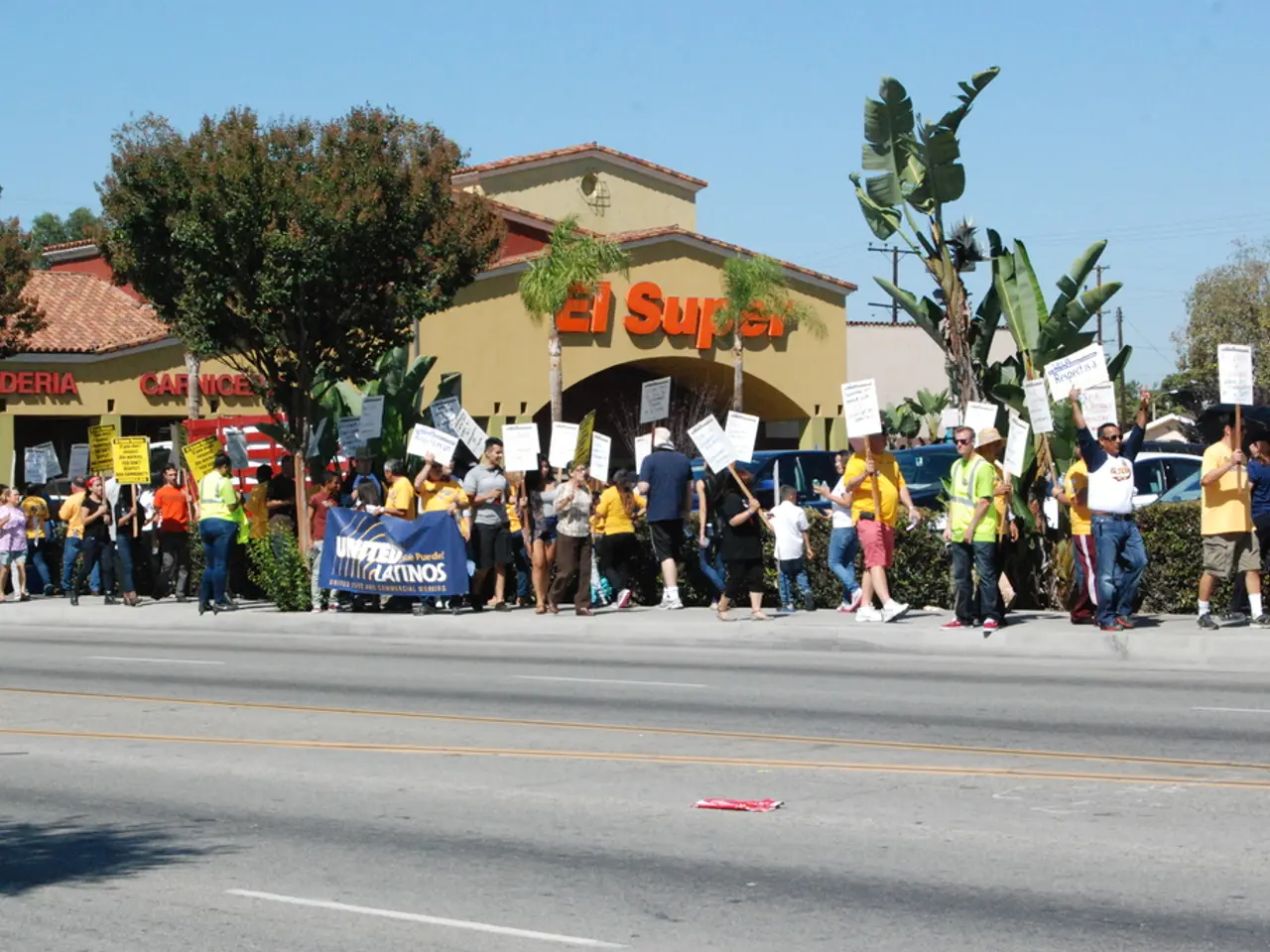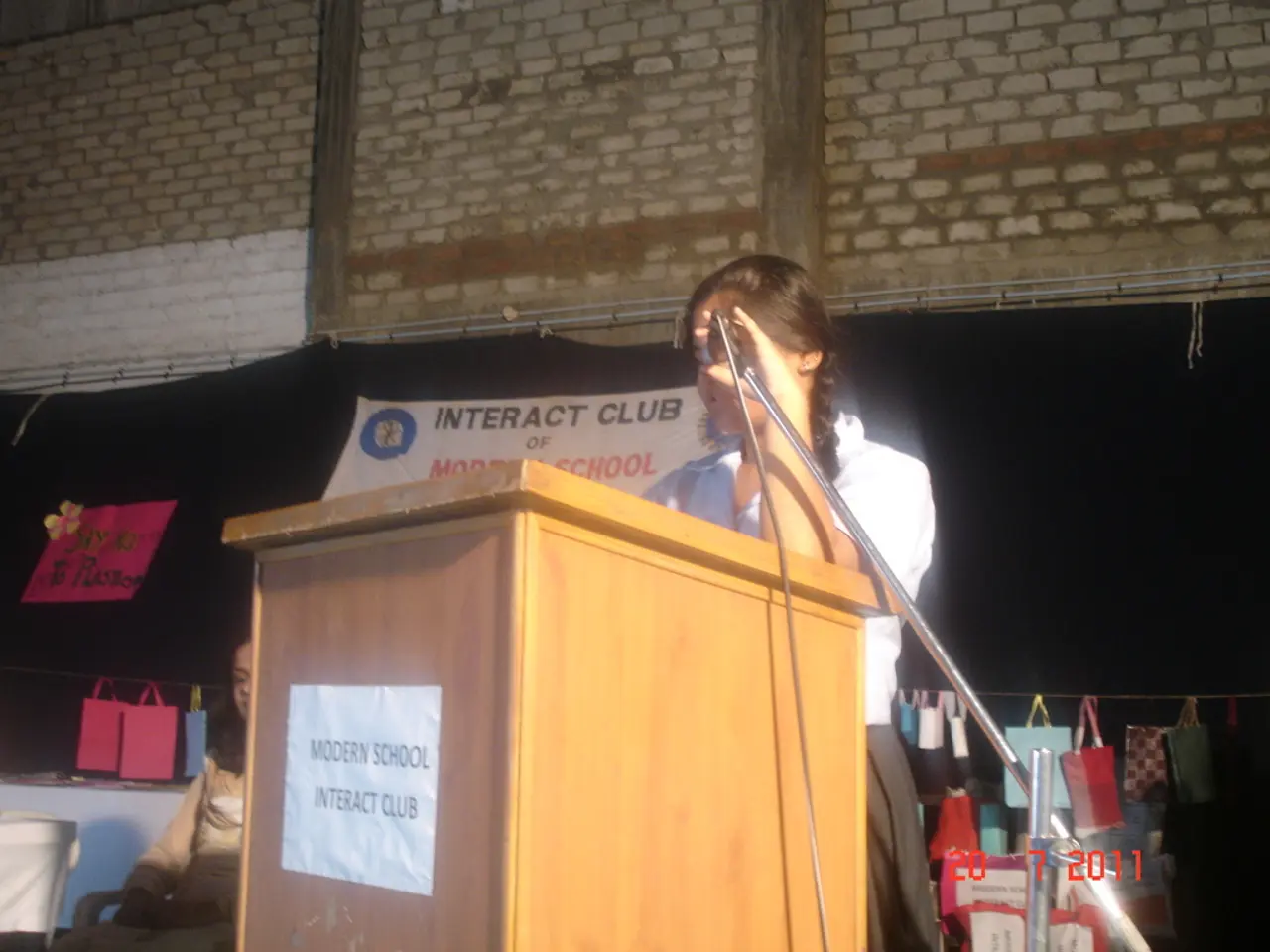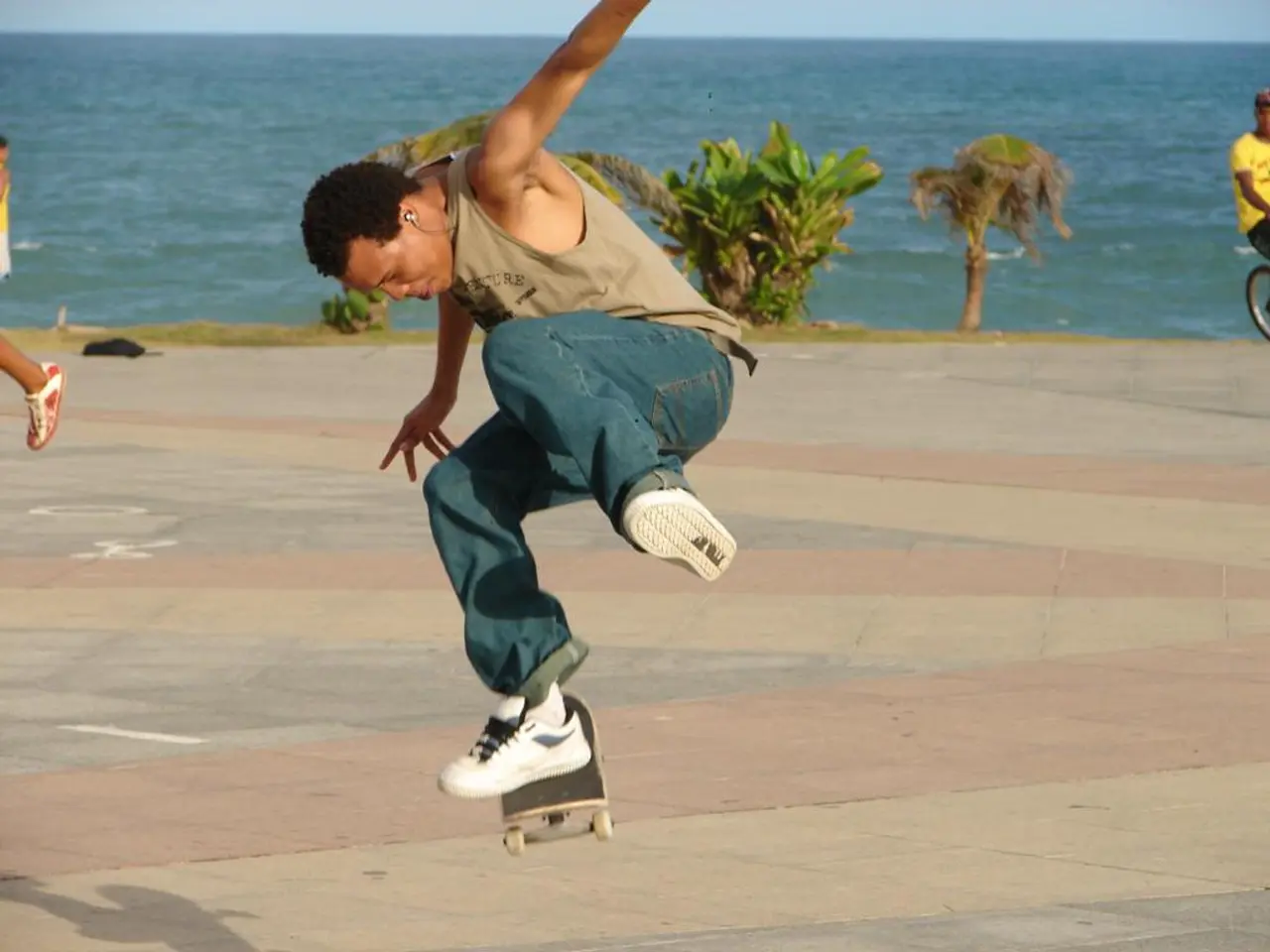Ukraine's President Zelenskyy denies Trump's suggestion for Ukraine to exchange territories with Russia
The ongoing conflict between Russia and Ukraine remains a significant concern in Europe, with the latest developments shedding light on potential peace talks and demands from both sides.
Last week, Volodymyr Zelenskyy, the President of Ukraine, spoke with Donald Trump, the President of the United States, and Kellogg is set to fly to Ukraine early this week for high-level meetings. These discussions come amidst Russia's slow but steady advance into Ukraine, causing great loss of life and destruction in Ukrainian cities.
Russia's specific demands for a potential ceasefire in the Ukraine conflict include the full withdrawal of Ukrainian troops from four regions—Donetsk, Luhansk, Zaporizhzhia, and Kherson—including areas not fully controlled by Russia. Moscow also seeks international legal recognition of its sovereignty over Crimea (annexed in 2014) and these four regions, which it claims to have annexed in 2022.
Other demands include Ukraine ending its efforts to join NATO and pledging not to allow any foreign military bases or forces on its soil, a cap on the size of Ukraine’s armed forces, recognition of Russian as an official language in Ukraine, and a cessation of Ukraine’s military effort and military aid from allies, lifting of martial law, and holding swift elections under these new conditions.
Ukraine and its allies strongly reject these demands. Ukraine insists on an unconditional ceasefire on land, sea, and air as a prerequisite to any peace talks, coupled with mutual release of prisoners of war. Ukrainian officials have quickly dismissed Russia’s calls for territorial concessions, particularly the idea of swapping territories, which would legitimize Russia’s annexations.
The Ukrainian stance is focused on stopping the killing and moving to diplomacy without compromising its sovereignty or territorial integrity. The U.S. and Western allies have supported Ukraine’s position and remain skeptical of Russia’s intentions, viewing Moscow’s proposals as attempts to cement control over occupied territories rather than genuine efforts to end the war.
Experts note that Russian President Putin may have little real interest in ending the war immediately and may be using negotiations tactically to buy time. Overnight, Russian drone strikes hit a minibus in a suburb of Kherson, killing two and leaving six injured, underscoring the ongoing violence.
Meanwhile, the meeting between Trump and Putin in Alaska will be their first encounter since the invasion of Ukraine. The details and logistics of the summit are still unclear, and it's uncertain if Zelenskyy will be involved. British Prime Minister Keir Starmer and French President Emmanuel Macron have spoken with Zelenskyy, with Macron reiterating his support for a ceasefire.
As the negotiations continue, the international community remains hopeful for a peaceful resolution to the conflict, one that respects Ukraine's sovereignty and territorial integrity.
- Despite the ongoing war-and-conflicts between Russia and Ukraine, high-level politics and general-news discussions about potential peace talks are escalating, as evidenced by Volodymyr Zelenskyy's recent conversation with Donald Trump and Kellogg's upcoming visit to Ukraine.
- In the midst of the Ukraine conflict, Russia has made several demands that include political concessions such as ending Ukraine's efforts to join NATO, limiting the size of its armed forces, recognizing Russian as an official language, and ceasing military aid from allies, thus intertwining war-and-conflicts, politics, and general-news.
